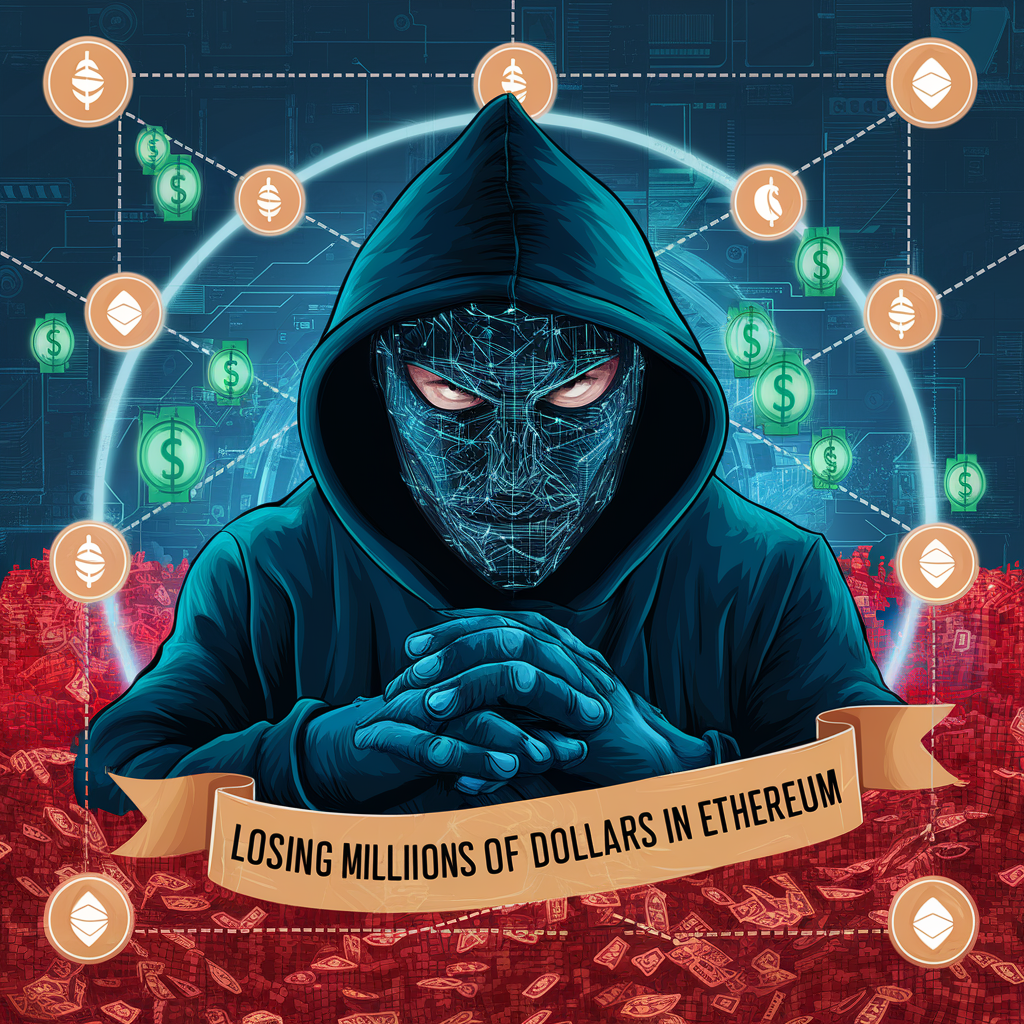In a devastating turn of events, users of the Uniswap decentralized exchange have been targeted in a large-scale phishing attack, resulting in substantial losses of Ethereum (ETH) for some individuals. The attack, executed through the Uniswap V3 protocol, has sparked concerns within the crypto community regarding security and safeguards against such malicious activities.
Details of the Attack:
- The phishing attack, leveraging the Uniswap V3 protocol, has resulted in the loss of over 7,500 ETH for affected users.
- The attack was initiated through fraudulent transactions, misleading victims into participating in unauthorized activities.
- Initial alerts about the assault were raised by a security staffer at Metamask, who promptly notified Uniswap via Twitter.
Response from Key Figures:
- Changpeng Zhao (CZ), CEO of Binance, also raised awareness about the attack on Uniswap, indicating that Binance’s threat intelligence detected hackers siphoning off 4295 ETH.
- Hayden Adams, the developer of Uniswap, confirmed that the attack was phishing-related and not a vulnerability within the protocol itself. He urged users to remain vigilant against phishing attempts and implement necessary security measures.
- Victims were lured into receiving a malicious token named UniswapLP and directed to a fraudulent website to exchange it for UNI tokens. Subsequently, critical information and wallet funds were compromised.
- The total estimated losses from the attack amount to $8.1 million, although this figure may escalate as further details emerge.
Implications and Reflections:
- Uniswap, a prominent player in decentralized finance (DeFi), has become a target for hackers exploiting vulnerabilities in user awareness and security protocols.
- Phishing attacks continue to be a prevalent threat in the crypto space, highlighting the importance of user education and diligence in identifying and avoiding fraudulent schemes.
- While decentralized exchanges offer peer-to-peer trading capabilities, they also present unique challenges in terms of security and risk management, underscoring the need for robust protective measures.
The phishing attack on Uniswap serves as a stark reminder of the persistent threats facing participants in the cryptocurrency ecosystem. As the community grapples with the aftermath of this incident, there is a collective call for heightened vigilance, enhanced security protocols, and proactive measures to mitigate the risks associated with malicious activities. In the ever-evolving landscape of decentralized finance, safeguarding user assets and maintaining trust in the ecosystem remain paramount priorities.
Visit Brand Rebellion Outlaws


Comment